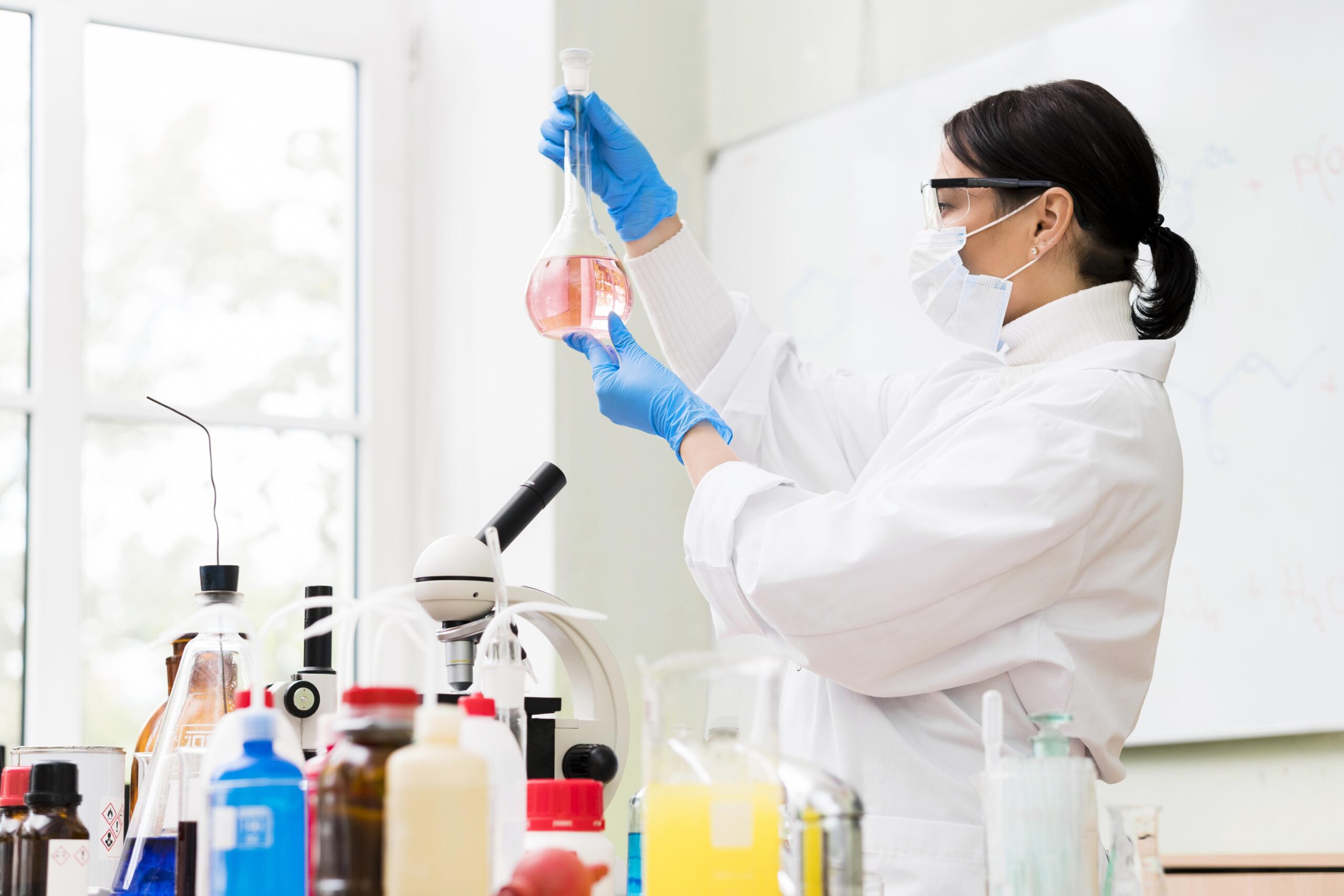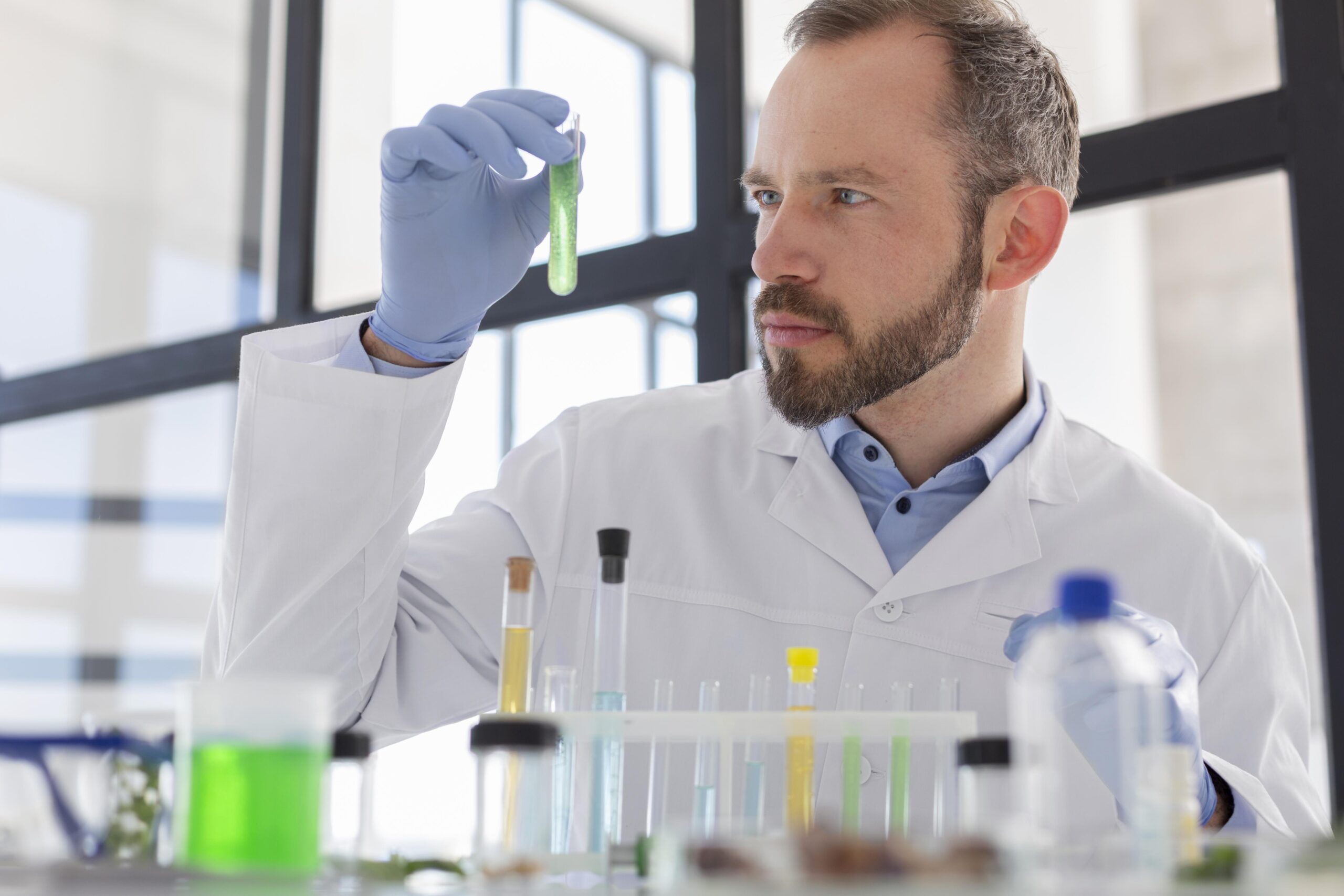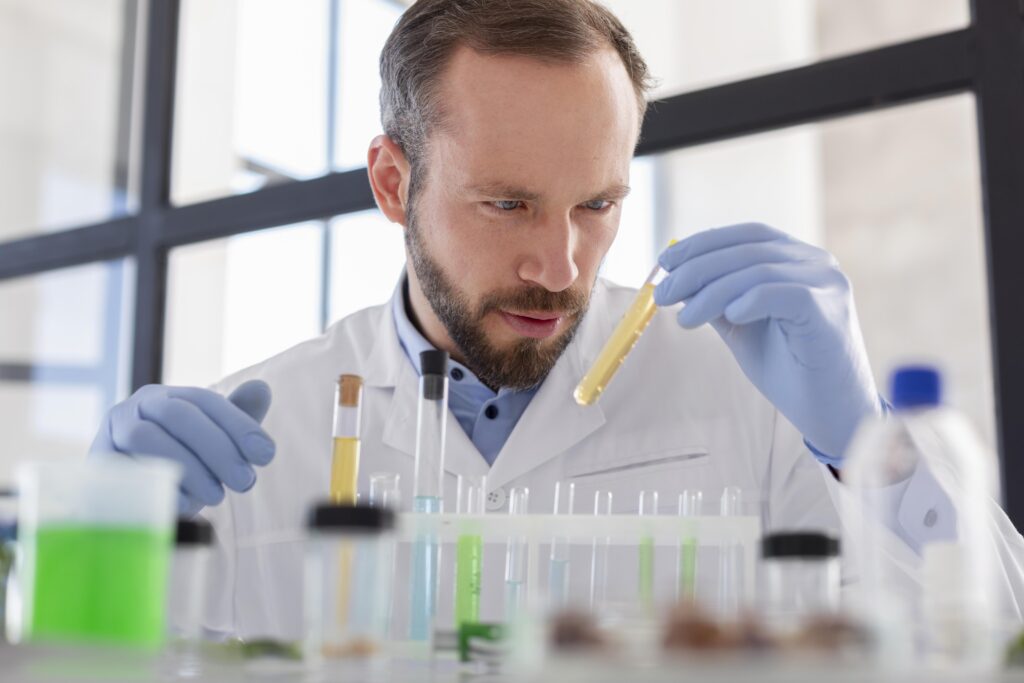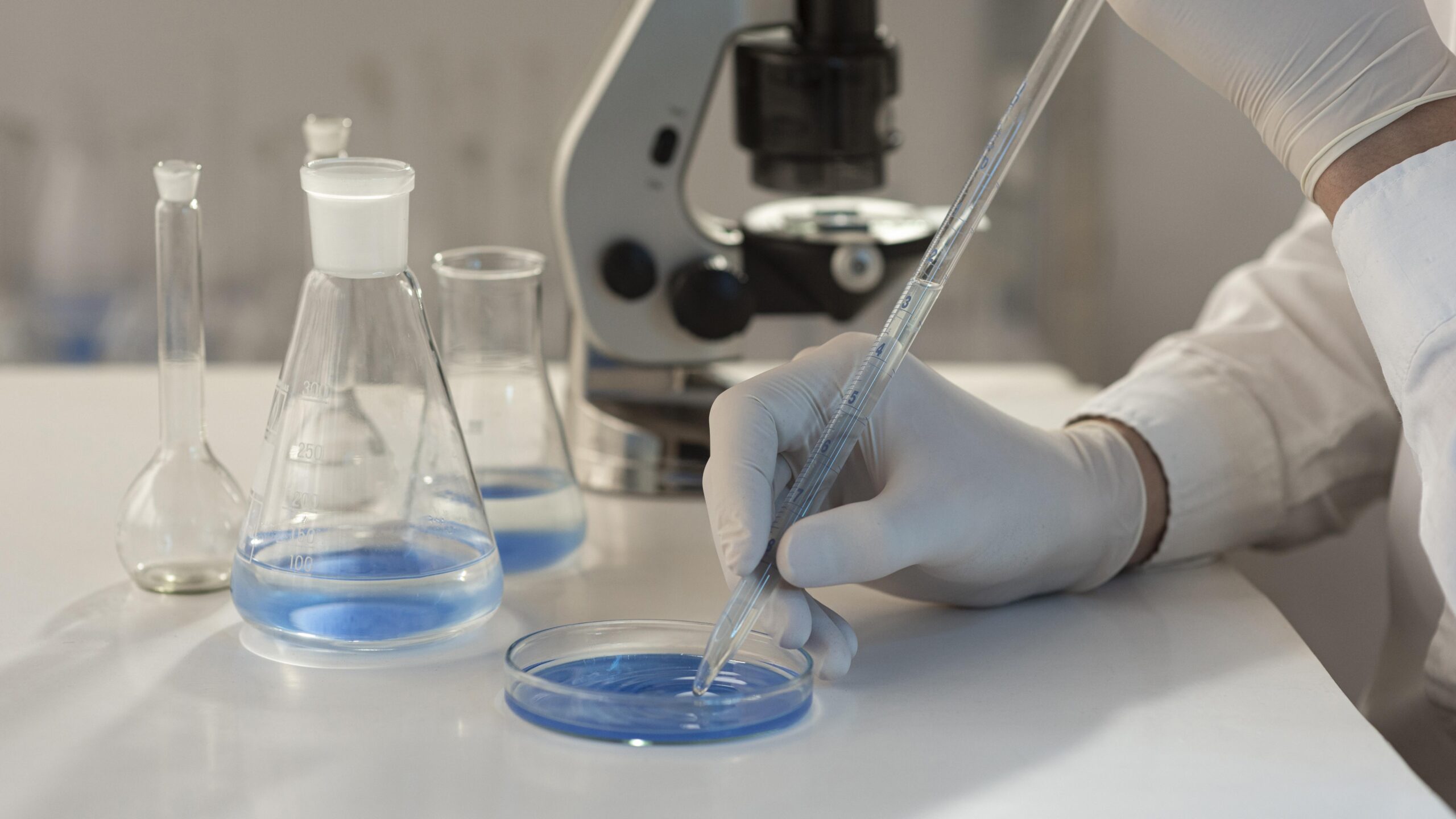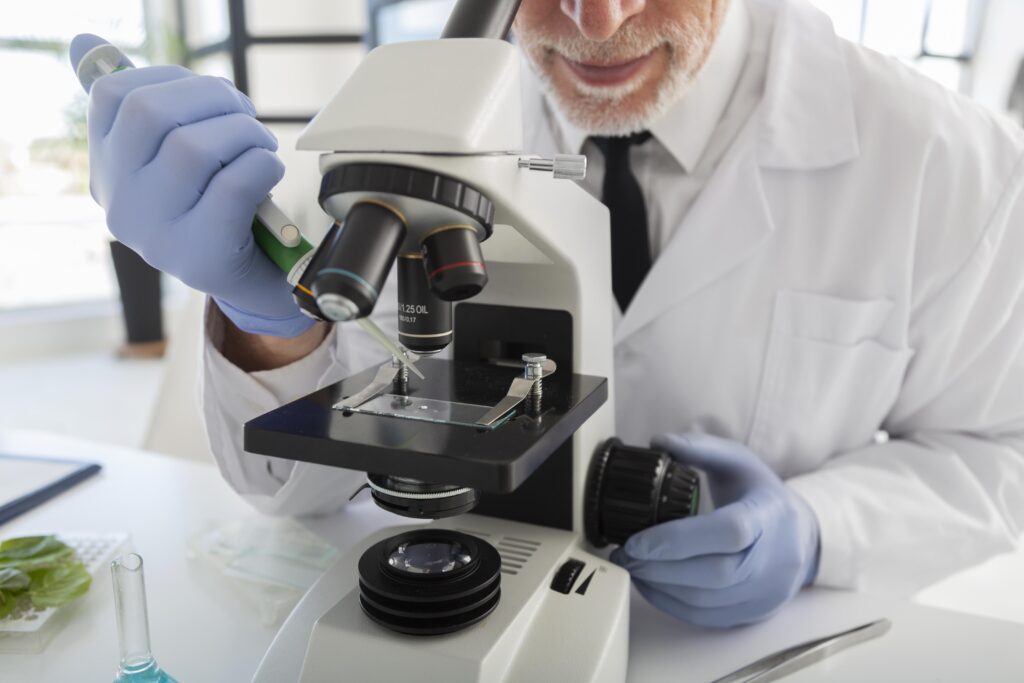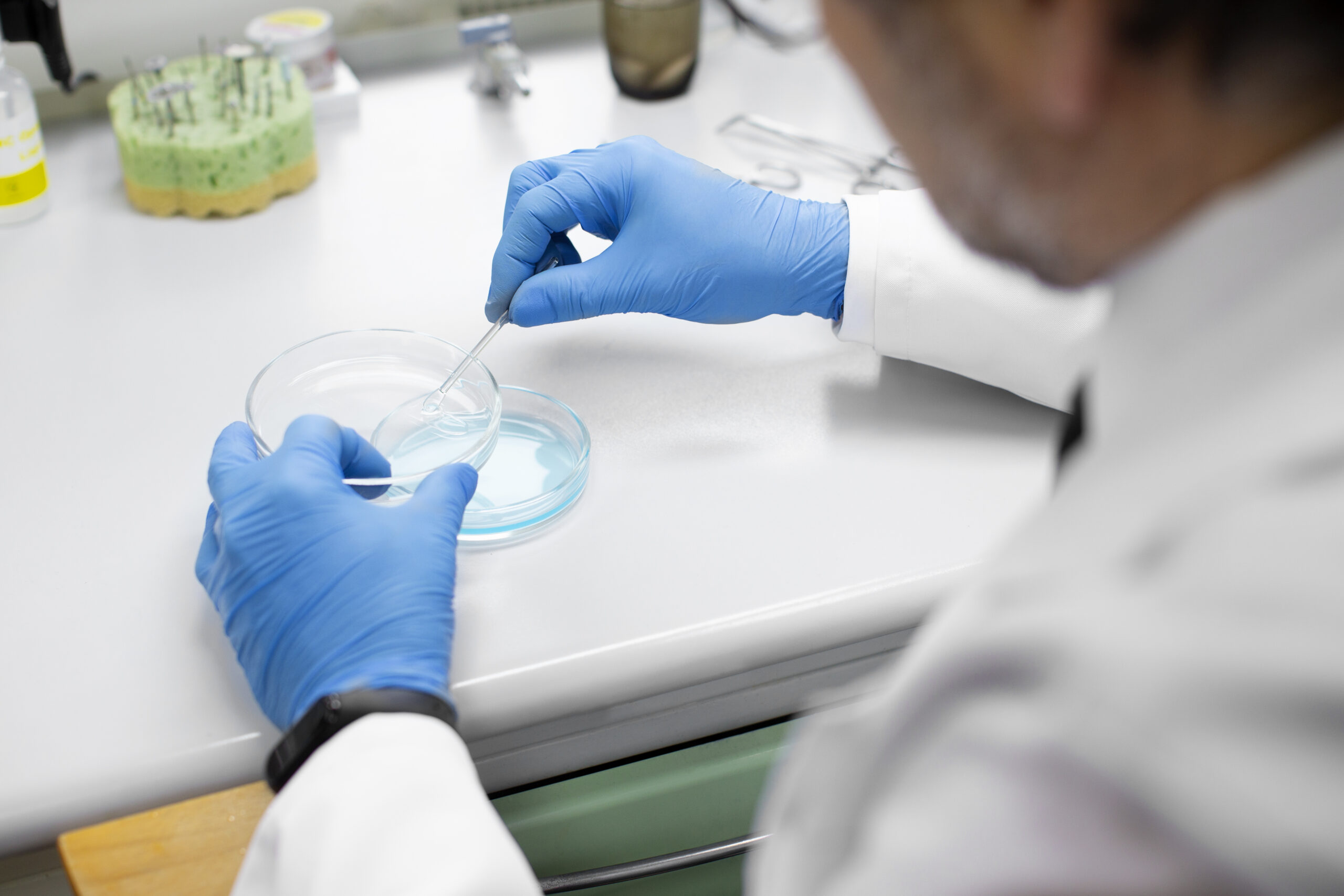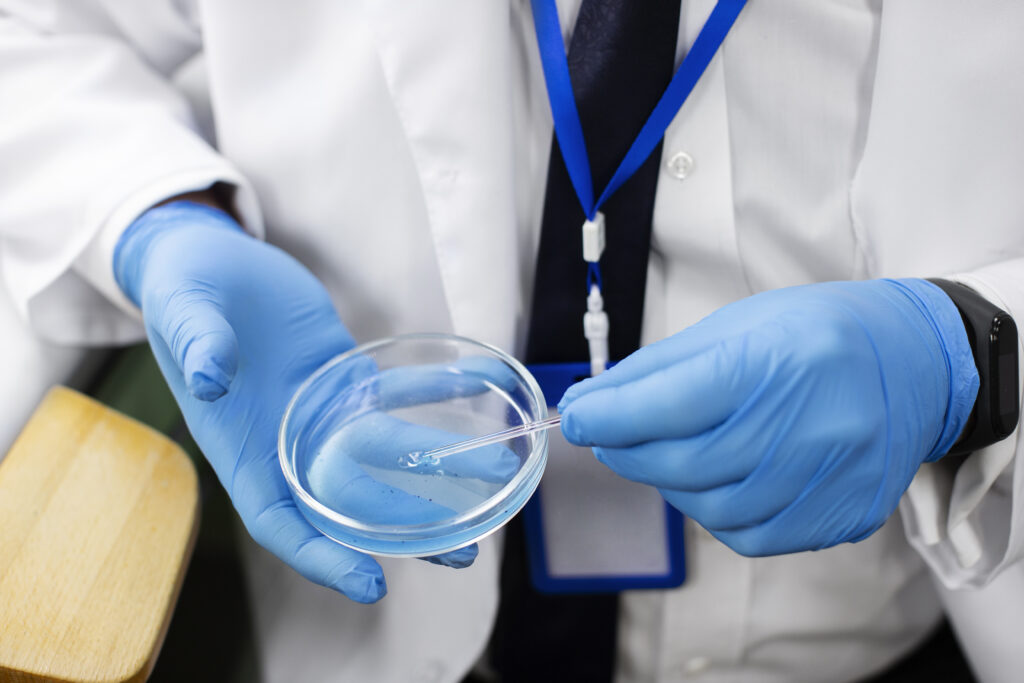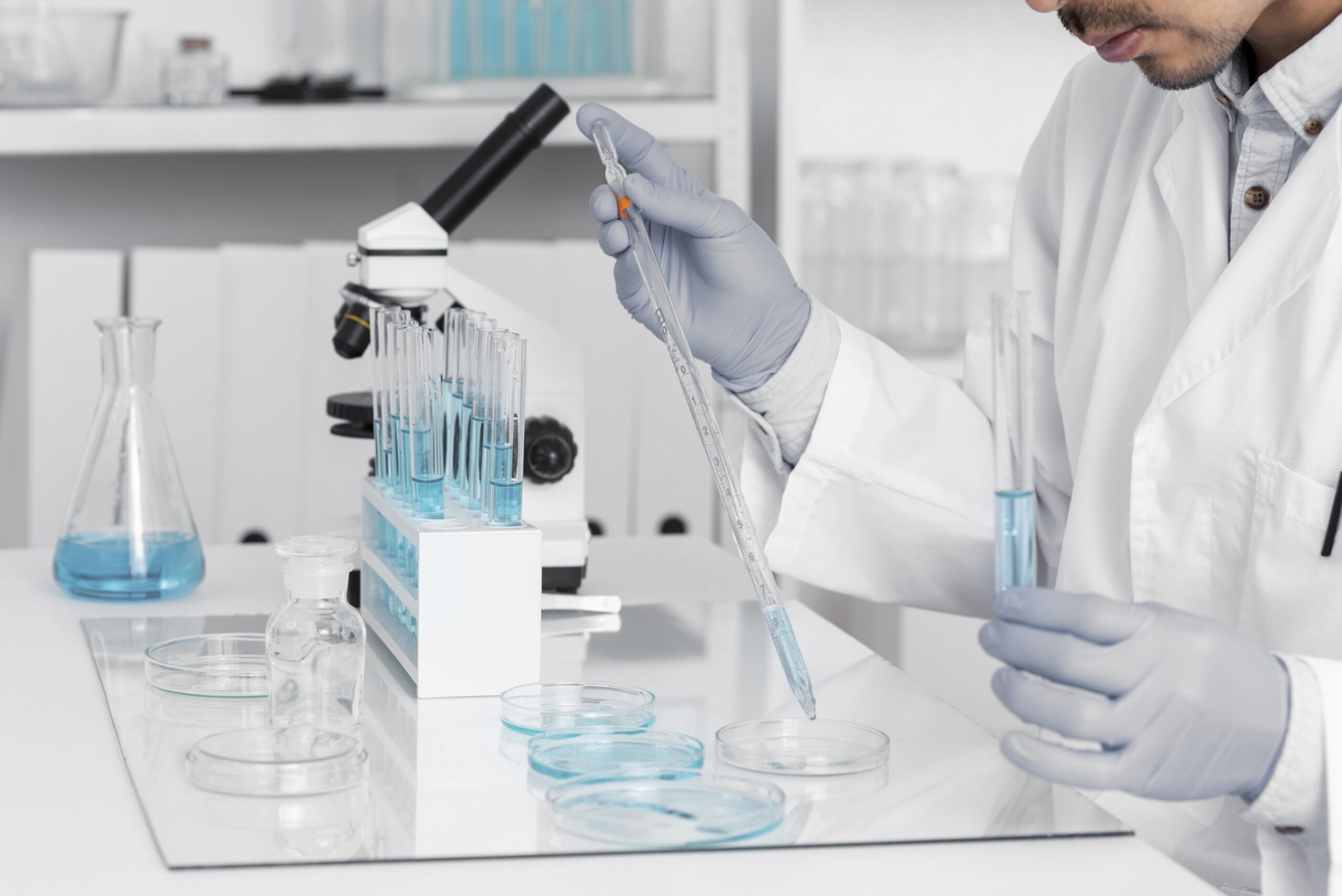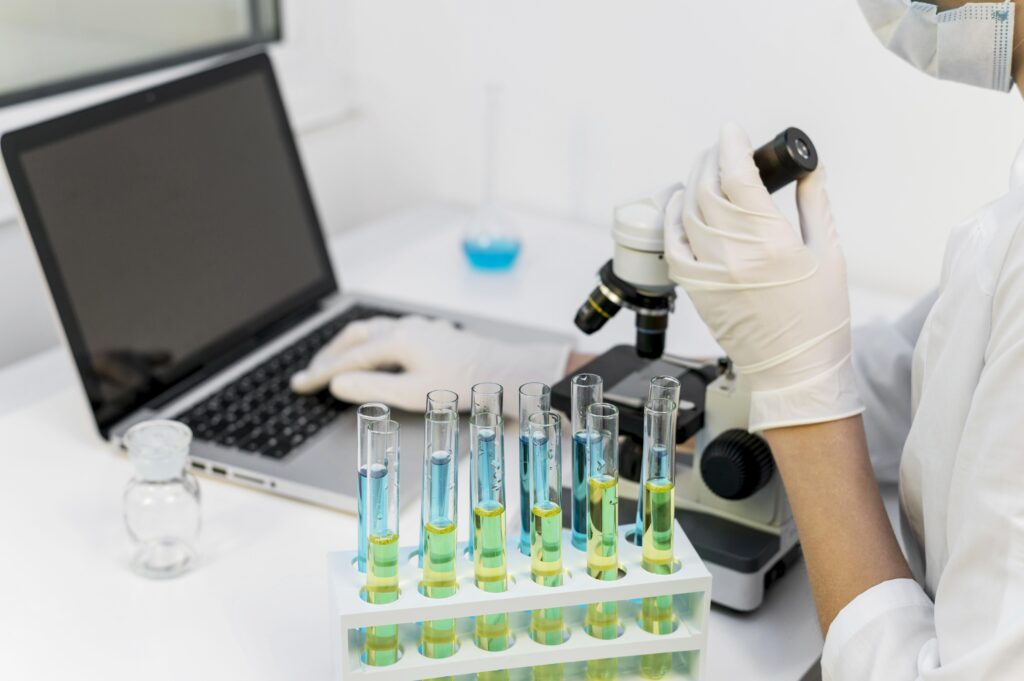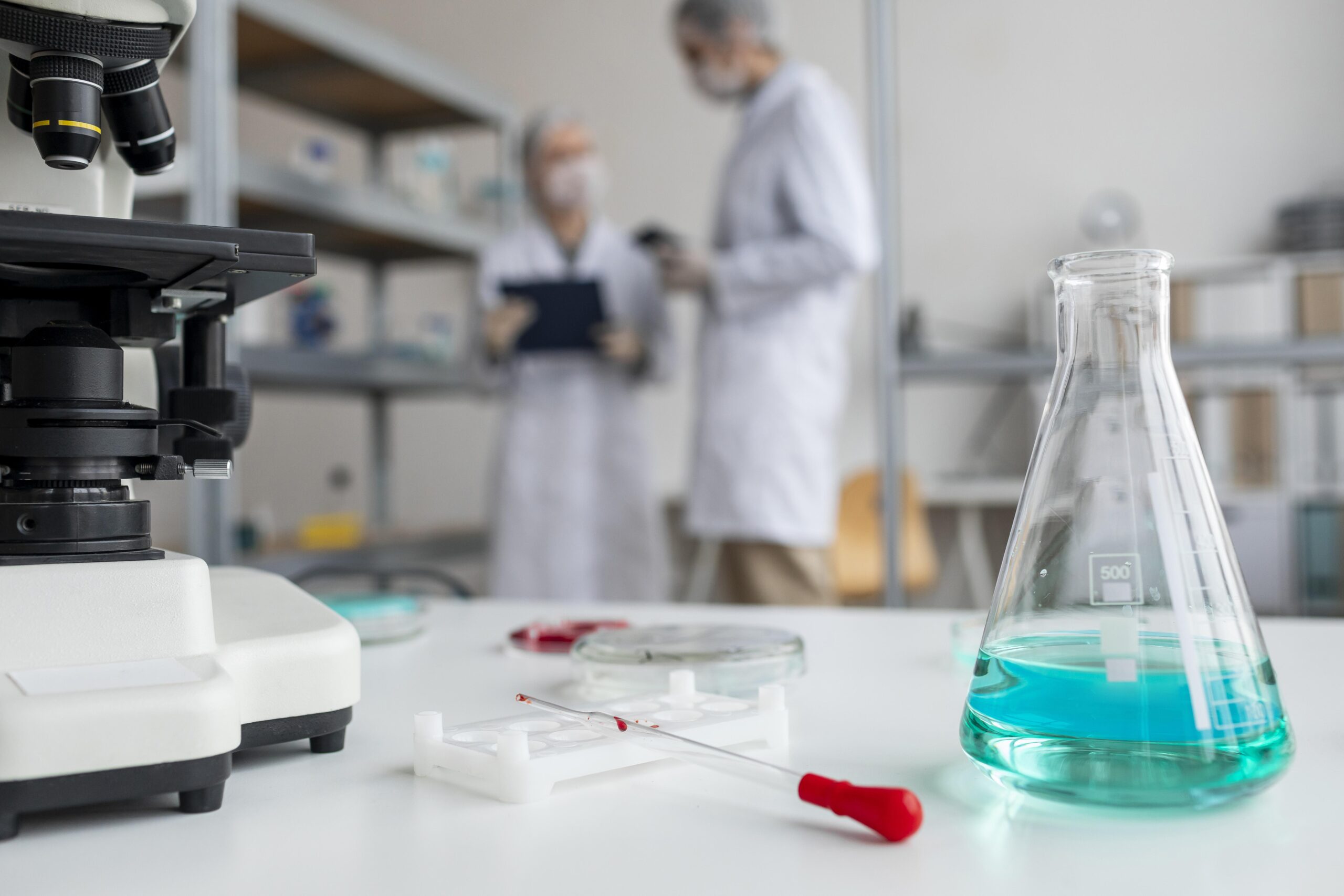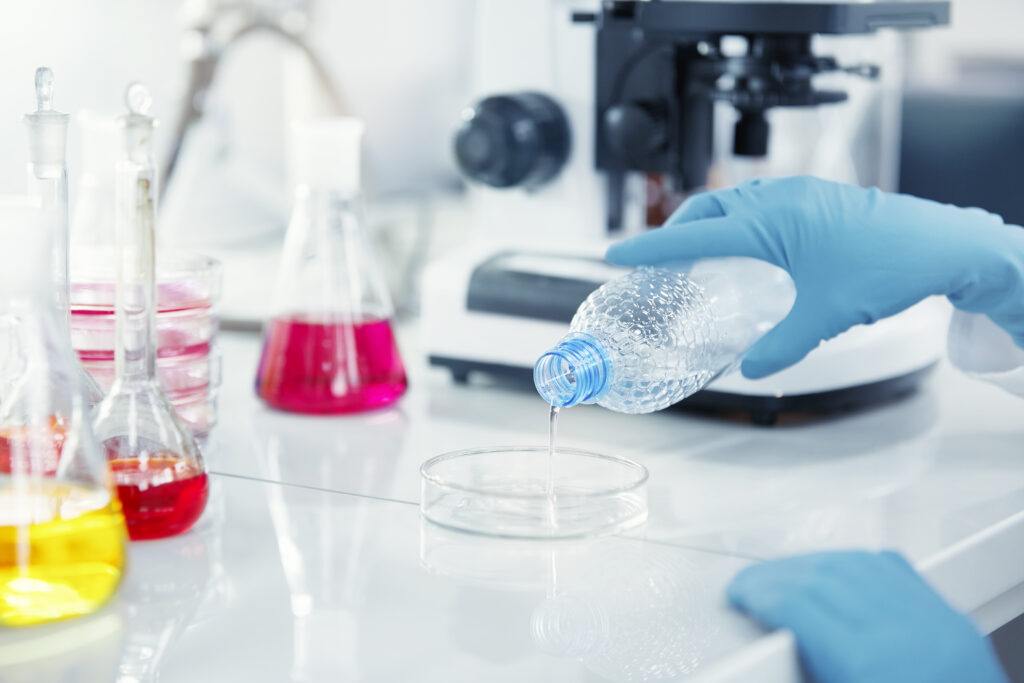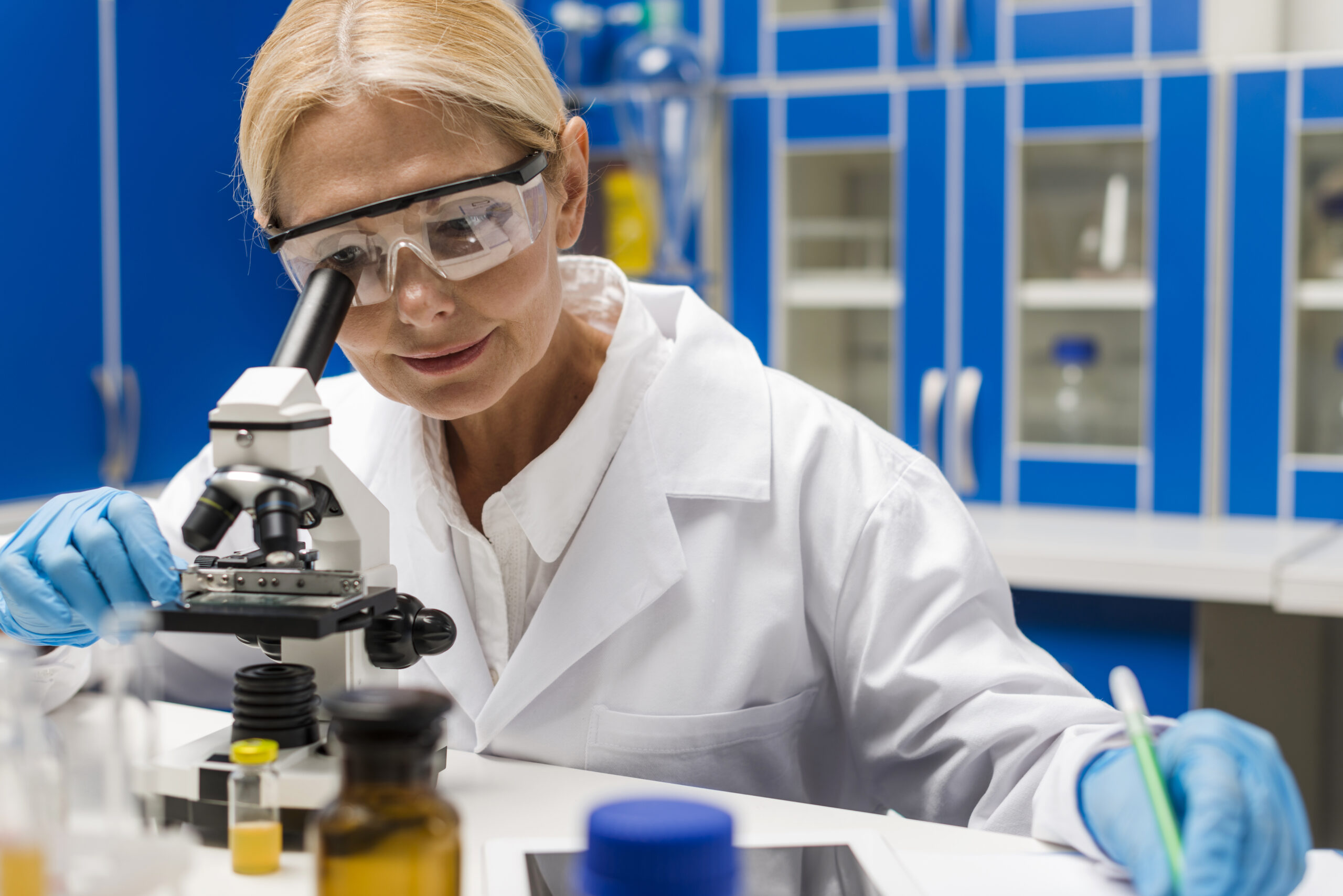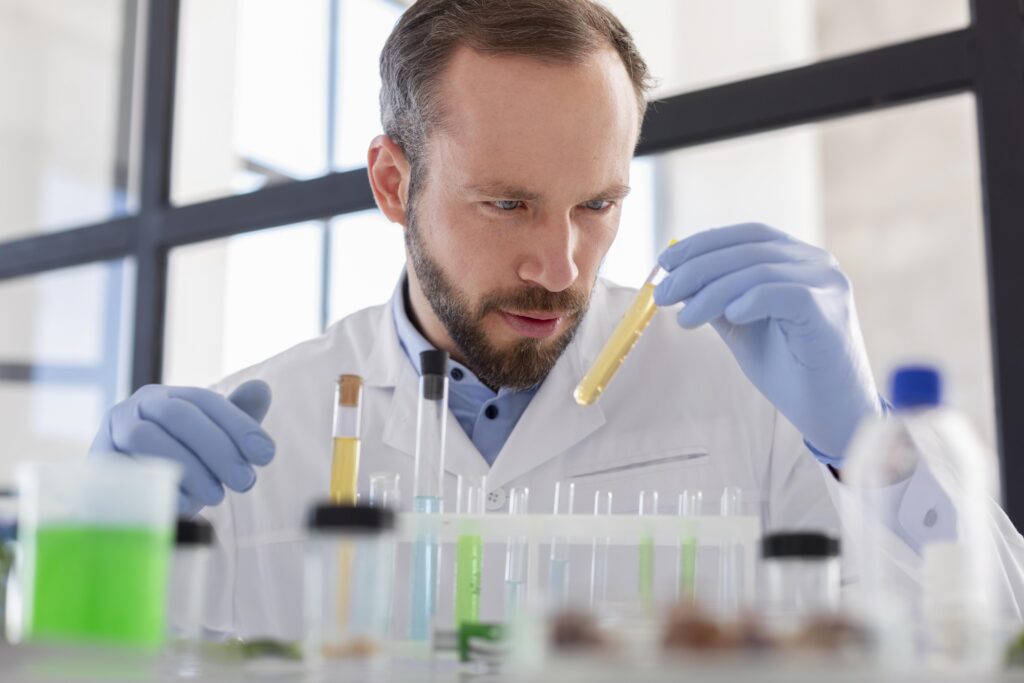Success in the fiercely competitive food industry depends on upholding product quality and meeting customer expectations. Food sensory testing goes above and beyond chemical and microbiological testing, which is the primary means of guaranteeing food safety. It focuses on how food experiences the senses—taste, smell, sight, and texture—and offers information on how appealing a product is to customers.
For food firms, this kind of testing is an essential tool that helps them not just meet but even surpass consumer expectations. Businesses may make sure that their products deliver on both safety and fun by studying sensory qualities. In this blog, we'll discuss the idea of food sensory testing, the different approaches that are employed, and why it is important for modern food producers.
What is Food Sensory Testing?
Food products are assessed through food sensory testing according to how well they arouse the senses. Using sensory testing, food is evaluated according to its appearance, flavor, texture, and aroma rather than just its scientific measures. These sensory components have an impact on customer satisfaction and are therefore important in gauging a product's marketability.
Sensory tests are typically conducted in controlled environments by trained panels or everyday consumers. This helps eliminate external variables and ensures the results are consistent and reliable. The goal is to gather detailed feedback on a food product’s sensory attributes, such as flavor, aroma, texture, and overall appeal. Companies can use this feedback to fine-tune their products and ensure a positive consumer experience.
Different Types of Food Sensory Testing
There are various methods of conducting Sensory testing , each designed to serve different purposes. Some of the most common methods include:
1. Discrimination Testing
Discrimination tests are useful in identifying whether two items or formulations differ noticeably from one another. A panel could be asked, for example, to discriminate between two batches of cookies that were produced using marginally different ingredients. If customers can distinguish these variations in flavor, texture, or scent, it will be shown by these tests.
2. Descriptive Analysis
This approach entails a thorough examination of particular sensory attributes, including texture, sweetness, sourness, and bitterness. Skilled panelists provide a thorough sensory profile of the dish by describing the intensity of these characteristics. During the process of developing new products, descriptive analysis is especially helpful in helping businesses improve their formulas.
3. Affective (Hedonic) Testing
Affective testing focuses on consumer preferences and satisfaction. This method is typically carried out by untrained consumers who provide feedback on how much they like or dislike a product’s sensory characteristics. The results offer valuable insight into overall product acceptance among target audiences.
4. Threshold Testing
Threshold tests identify the minimum concentration of an ingredient (such as salt or sugar) that consumers can detect. This type of testing helps companies achieve the right balance of flavors, ensuring the product tastes just right.
The Importance of Food Sensory Testing in Product Development
Food Sensory Testing plays a pivotal role during product development, helping manufacturers create products that resonate with consumers. When integrated into the development process, sensory testing allows companies to identify and address issues related to taste, texture, appearance, and aroma before products are released into the market.
1. Improving Product Quality
Through sensory testing, food product manufacturers can improve the sensory components of their offerings and give customers a reliable, premium experience. By identifying what functions well and what doesn't, businesses can modify recipes, enhance workflows, and guarantee consistent quality throughout batches.
2. Understanding Consumer Preferences
When it comes to taste, texture, and scent, different consumer segments could have different preferences. For instance, younger consumers might like stronger flavors, but older consumers might favor more subdued and comforting flavors. Sensory testing increases a manufacturer's chances of success by allowing them to customize their products to the tastes of their target market.
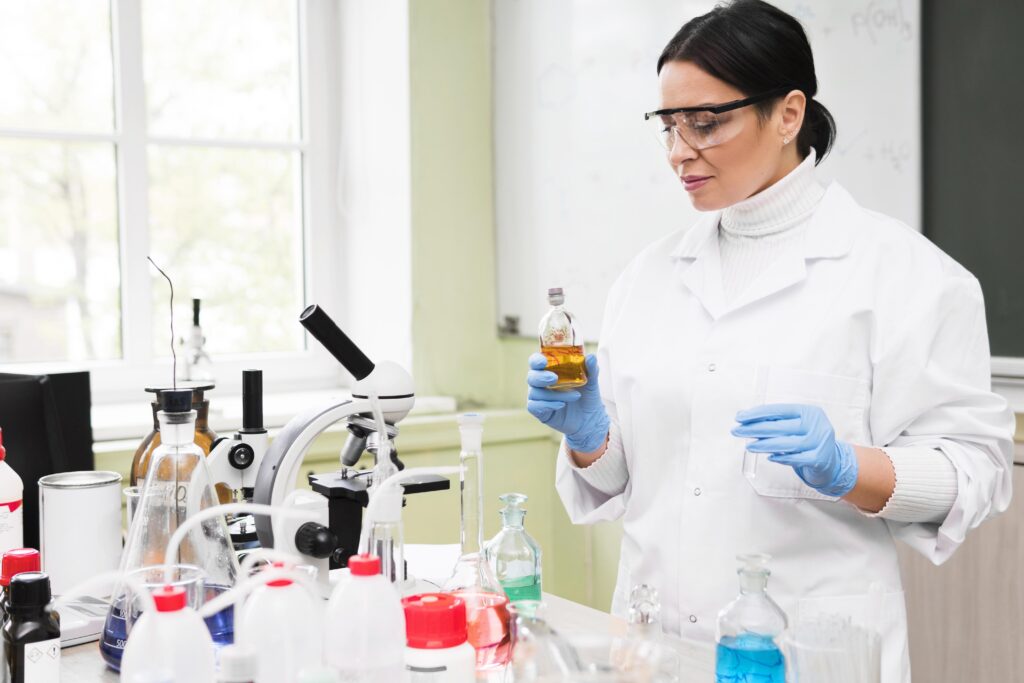
3. Reducing Product Failures
Rebranding or expensive product recalls may result from releasing a product that does not live up to consumer expectations. Sensory testing reduces this risk by giving producers insightful feedback before a product's release. In this manner, businesses may resolve any problems and enhance the product to ensure customer pleasure.
4. Supporting Brand and Marketing
Sensory appeal is a huge factor in how consumers perceive a brand. Products that taste, look, and feel great leave lasting impressions and encourage repeat purchases. Using Sensory testing to ensure sensory excellence can help companies strengthen their brand reputation and build consumer loyalty.
Why Food Sensory Testing Matters in Today’s Market
In a food market overflowing with options, a product's sensory appeal is frequently what makes it stand out from the crowd. In addition to safe and nourishing food, consumers also seek out goods that provide a pleasurable dining experience. Sensory testing can assist businesses in fine-tuning their products for optimal sensory satisfaction in this situation.
Additionally useful for gaining information about customer preferences is sensory testing. It aids businesses in comprehending the preferences of their customers, enabling them to modify their offerings accordingly. This is especially crucial in specialized markets or when serving a wide range of customer demographics, such as those who are health-conscious or have certain dietary requirements.
Sensory Testing in Food Testing Labs
In specialist facilities such as a food testing lab in India, sensory testing is frequently conducted when products are subjected to a thorough evaluation. These labs offer an impartial setting for food product testing, guaranteeing the accuracy and dependability of sensory data. Additionally, food testing labs are essential to businesses in helping them achieve regulatory and safety requirements while making sure their products satisfy consumer sensory expectations.
In India, where the food industry is growing rapidly, sensory testing is particularly valuable. It helps companies create products that align with the diverse and evolving tastes of Indian consumers, who are becoming increasingly discerning about quality and sensory appeal.
The Role of Sensory Testing in Consumer Satisfaction
In specialist facilities such as a food testing lab in India, sensory testing is frequently conducted when products are subjected to a thorough evaluation. These labs offer an impartial setting for food product testing, guaranteeing the accuracy and dependability of sensory data. Additionally, food testing labs are essential to businesses in helping them achieve regulatory and safety requirements while making sure their products satisfy consumer sensory expectations.
Businesses may make sure that their products always offer a satisfying sensory experience by carrying out Sensory testing . As a result, customers are more satisfied and are more likely to remain loyal to a brand because they choose products that constantly live up to their sensory expectations.
Conclusion
Food Sensory Testing is an essential process in the food industry, providing manufacturers with invaluable insights into consumer preferences and product quality. By focusing on how food products stimulate the senses—taste, smell, texture, and appearance—sensory testing helps companies refine their products to ensure maximum consumer satisfaction. Whether it's identifying flavor imbalances or perfecting texture, sensory testing provides the feedback needed to create high-quality, consumer-approved products.

